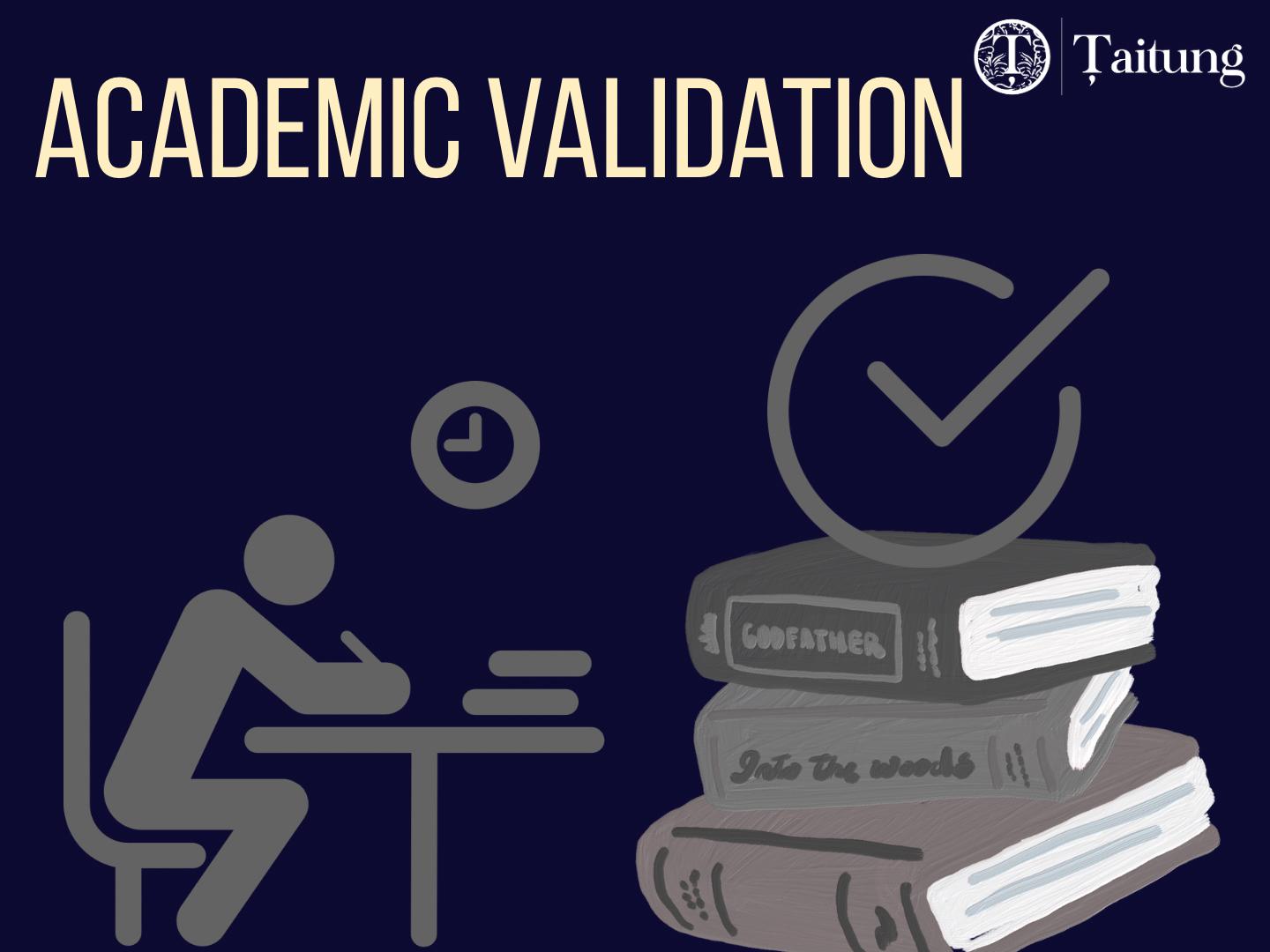Have you ever thought it’s unfair that someone who doesn’t seem to put that much effort into school work gets better results than an invested student with many lost nights of studying and preparing?

It’s no secret that being successful became the goal for a lot of us and reaching that dream sometimes seems impossible. School is our main priority, which means that a lot of effort is put into it, sometimes without any major result, and that can be very frustrating. Many competitive children fighting to be the best, while losing themselves in the process, are dealing with an unhealthy reliance on academic validation.
What is academic validation?
It refers to the sense of worth, identity, or success that students derive from their academic performance and the recognition it brings. In a society that often equates achievement with intelligence and value, academic validation has evolved from a mere acknowledgment of scholastic competence into a critical determinant of self-worth for many individuals. While it may inspire discipline, hard work, and high achievement, the excessive pursuit of academic validation can lead to anxiety, burnout, impostor syndrome and a distorted concept of self. In many societies, education is portrayed as the only way to become successful and to ensure a stable future.
From an early age, children are often taught that good grades are synonymous with intelligence and potential. The school system reinforces this by establishing a hierarchical structure where students are ranked, evaluated and often publicly recognized based on performance.

In some cultures, particularly in East Asian, South Asian, and Western capitalist societies, educational attainment is not only a personal achievement but a reflection of familial honor or economic necessity. In these contexts, academic excellence becomes less about intrinsic curiosity and more about fulfilling expectations and securing social approval. As a result, the validation students receive from academic success becomes a central component of their self-image and social legitimacy.

How badly does academic validation affect a student?
Despite its benefits, such as motivation and development, the toxic traits of it come with different psychological costs. Students who rely heavily on external affirmation may struggle with impostor syndrome, constantly doubting the legitimacy of their achievements and fearing exposure as frauds. The pressure to maintain high performance can induce chronic stress, anxiety, and even depressive symptoms, particularly when students tie their self-worth to academic success.
The phenomenon of “burnout” has also become increasingly common in academic environments, especially among high-achieving students.

How to break free from this toxic cycle?
Overcoming the need for academic validation requires a deep internal shift: from seeking worth through external approval to cultivating self-acceptance, purpose, and self-motivation.
- Set learning goals instead of only performance goals, having the mentality “I want to understand this topic deeply” instead of “I want an A”.
- Remind yourself of your strengths, even when you fall short academically.
- Focus on how you’ve improved over time.
- Spend time with people who value you for who you are, not what you achieve.
- Ask for support with mental health, not just performance.

Bibliography:

